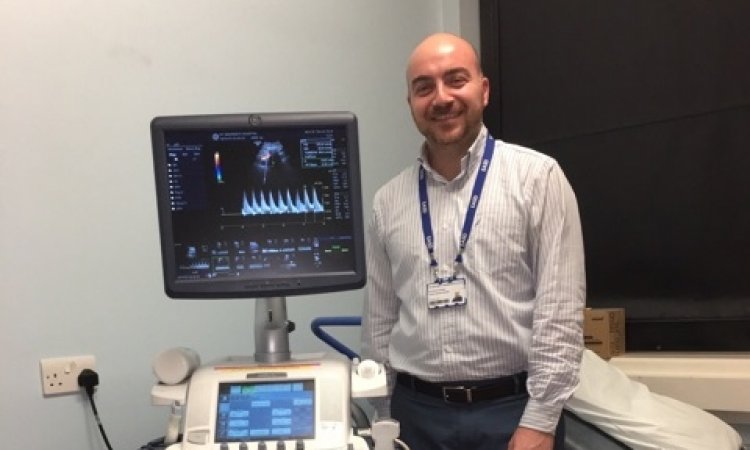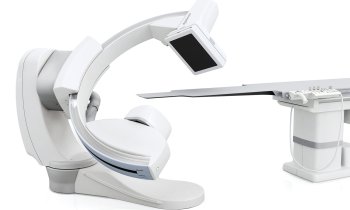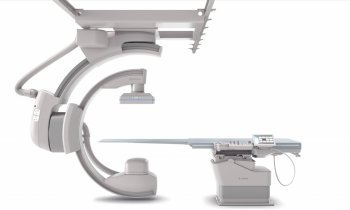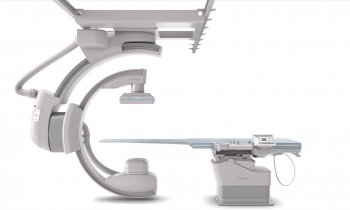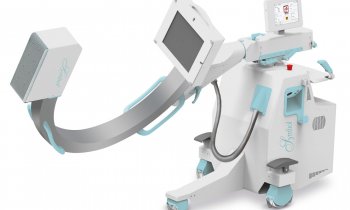Vascular surgery
Between economics and ethics - what has healthcare reform done to us?
'Alles im Fluss' is the slogan of the 22nd Annual Congress of the German Society for Endovascular & Vascular Surgery, to be held from 6-9 September, in Muelheim an der Ruhr.
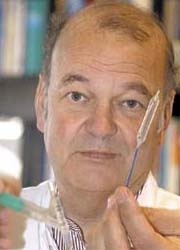
On the last day of this event a session that focuses on the discrepancy between economics and ethics will take place. Here, Professor Klaus Balzer, Head of the Vascular Surgery Department at Evangelical Hospital, Mülheim an der Ruhr, sums up the dilemmas facing health professionals today – especially those who work in vascular surgery.
The beginning – The German Social Security system is based on the concept of solidarity. Those who are healthy and able to work pay for the sick and needy. As is known, this system can no longer be financed. The reasons are several.
The birth rate is declining and therefore the number of those able to potentially make financial contributions. Thanks to advances in medicine, people live longer and longer. Illnesses, however, occur particularly in old age so that fewer and fewer people must pay for more and more sickness. The number of those able to pay financial contributions into the system is decimated through high unemployment and the social funds are stretched to the limits to support the unemployed. Medical advances are rapid, modern methods of treatment are very effective but also expensive.
With ever declining income there is an ever-increasing amount of expenditure to cover. This was previously addressed through raising the compulsory health insurance contributions. Even years ago, emergency brakes were put on ancillary wage costs that could no longer be financed and the contributions for the various costs were ‘budgeted’. This meant nothing, other than that a fixed amount was put aside for medication, GPs and hospital doctors. To a point, this made it possible to relieve expenditure, but the income situation has not improved at all.
The situation in hospitals – Hospitals face the additional problem that we have a dual financing system where the running costs are paid for by medical insurers, and hospital upkeep and construction costs are paid for by the state with tax monies. As the state has not actually been able to supply these monies for quite some time we basically have a situation where hospitals are dependent on just one source of income, i.e. payments received by patients – who have been reimbursed by their medical insurers. The German system, where the costs are divided by the number of days spent in hospital, which led to a higher and higher daily flat rate, has become absurd. It has now been superseded by a system that classifies every illness to be treated as an individual entity, which is divided into many different groups then reimbursed, independent of the course the disease takes in the individual patient. The so-called diagnosis related groups (DRGs) were introduced as an important contribution towards curbing spending in the healthcare system, but they only work under certain conditions. Moreover, we are experiencing a phase of transition, i.e. the pressure of competition for hospitals is significant and it appears that inefficient hospitals will actually be better off during this transitional phase until the year 2009, because they are advantaged by a higher budget, higher flat rates and therefore a better income situation than hospitals that have been thrifty and economical in the past.
The doctors’ situation – The largest percentage of hospital expenditure goes towards personnel costs – particularly doctors’ salaries. A specialist department must be ready for action 24/7 for all types of illness. A specific part of a hospital doctor’s work is therefore to be available to patients during the night and also at weekends. This system of on-call duty used to be covered by deploying doctors available during the periods required. A lot of
on-call periods had to be covered by each doctor, which appeared to be compensated for by relatively high salaries in relation to the work carried out. However, in reality, doctors were and are subject to the same tariff laws as all other occupational groups within the public service. Therefore, the European judgement that ruled that on-call periods were to be classed as regular hours of work led to doctors losing their privileged position and rights to a better income than other occupational groups. However, the burden of covering night shifts and weekends continues.
Additionally, doctors are burdened with increasing administrative duties. This is partly done under the cover of introducing quality assurance measures, or by letting the amount of paperwork and documentation required become completely out of hand. This exaggerated bureaucracy increasingly stops doctors from doing the real work required. However, the less documentation is carried out by hospitals the higher the danger that their earning potential is lowered, which in turn leads to a situation where doctors endanger their own financial situation and those of the hospitals. Compared internationally, hospital stays in Germany are too long and we are also running an out-patient and in-patient care system concurrently.
The recent strikes among German hospital doctors are proof of these conflicts. The general public is now aware that being a doctor, and particularly a hospital surgeon, is no longer a dream job with generous pay.
Moreover. The shorter the hospital stays and the fewer the complications of illnesses, the more lucratively the hospitals can work. This can lead to a situation where patients are selected along these criteria and where the DRG system could be misused to improve hospitals’ income. The benchmarking approach for hospitals also makes only limited sense. In vascular surgery especially, there are particularities that strain revenues. Patients with vascular disease tend to be multimorbid, as arteriosclerosis is a systemic disease. Those diseases that can be treated cost-effectively are increasingly being treated interventionally and often no longer require inpatient stays.
Everything is changing – The future of vascular surgery
This September, ‘Alles im Fluss’ is the motto of the 22nd Annual Congress of the German Society for Endovascular & Vascular Surgery in September. We would like a comprehensive discussion about our specialist medical field, about the position of health professionals in our society, and about vascular surgery in particular. We need to take stock. This includes listening to what all those who are part of the system have to say, then discussing the points raised. The session on the discrepancy between economics and ethics is a special event scheduled for the last day of the congress. A journalist will be the moderator.
30.08.2006



